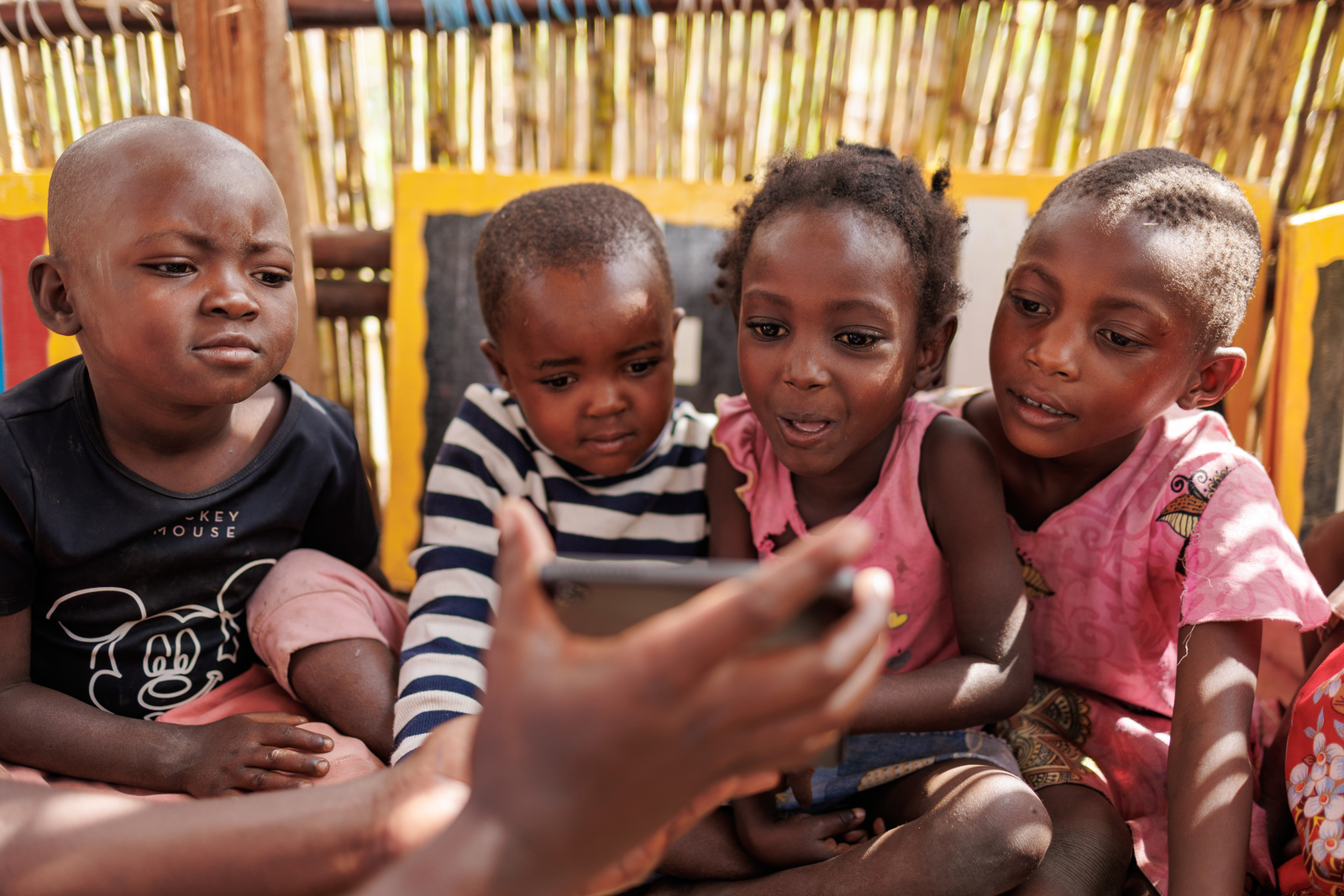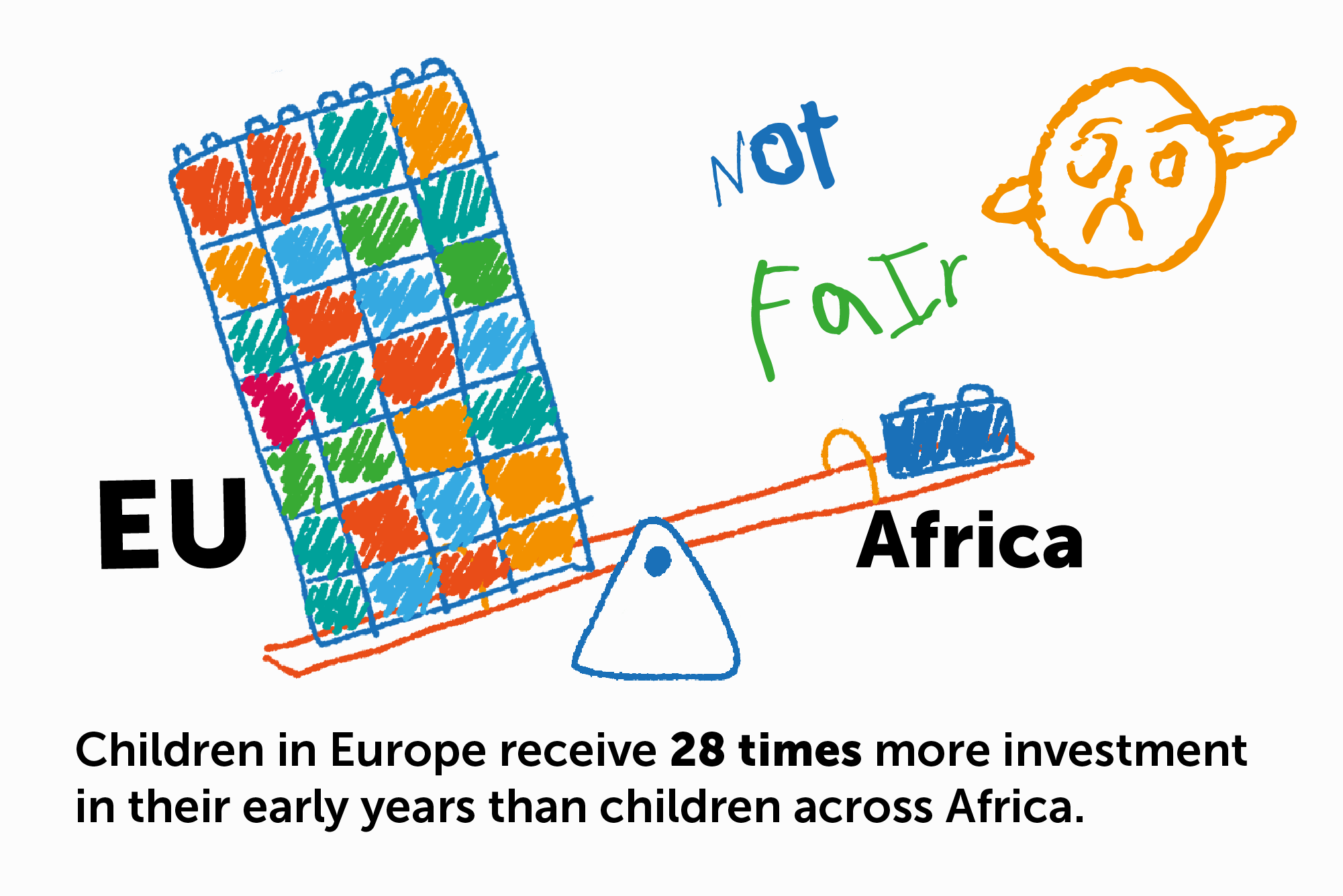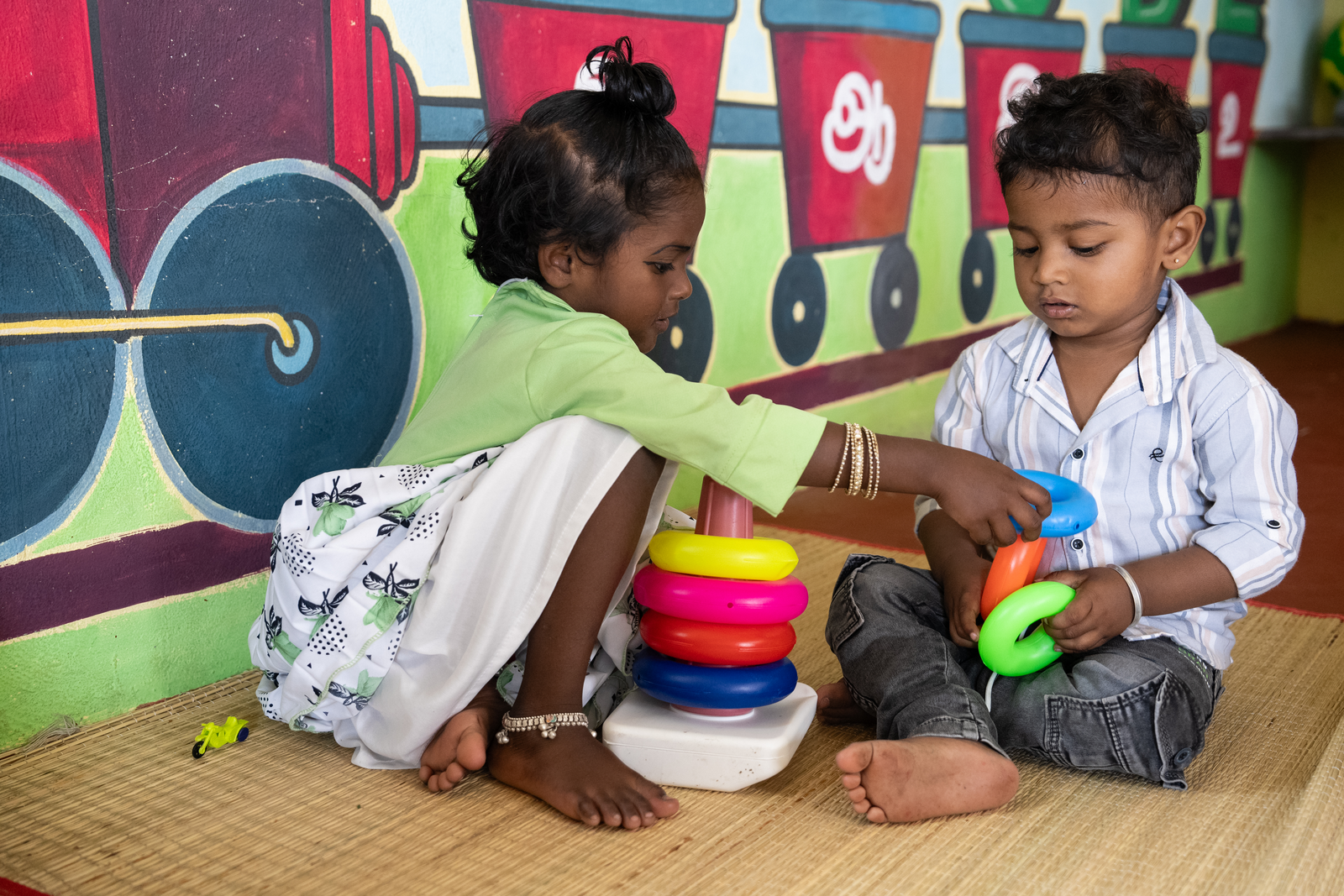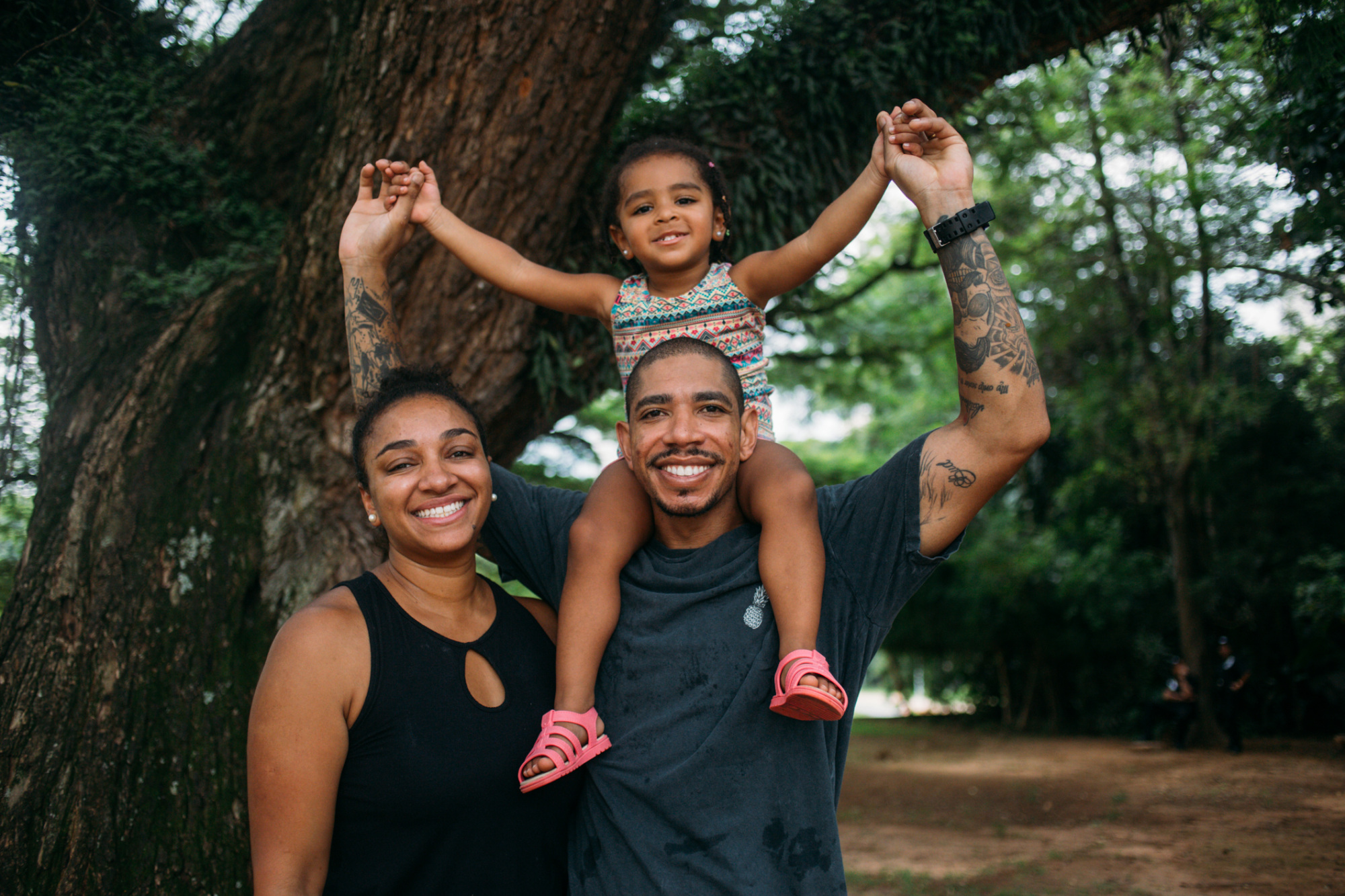Early years investment could rapidly lift millions of children out of poverty

A Theirworld report reveals modest spending increases can produce dramatic results within just a few years for young children and women.
Powerful new research for Theirworld has revealed that a modest – but immediate – increase in early years investment could transform the lives of millions of children and women in just a few years.
The extra spending could lift huge numbers of children out of poverty and significantly boost women’s participation in the workforce.
Our report – Every Family, Every Child – challenges assumptions that investing in the early years of children’s lives takes decades to yield returns. Instead, it shows the benefits can come almost immediately.
With the world’s richest countries gathering in Brazil next month for the G20 summit, researchers examined G20 spending on early childhood compared to overall child-related expenditures (from prenatal care to age 18).
They found that if G20 countries had increased spending over three years by around 1% of GDP across three key areas – parental leave, child benefits, and early education and care provision – the results would have been dramatic.
An additional investment of 0.6% of GDP on universal child benefits could have lifted 16.7 million children out of poverty within two years. And increasing universal childcare spending by just 0.4% of GDP across the G20 could have enabled 70 million more women to work within three years.

More than half of the world’s children – about 350 million – have no access to childcare and 175 million are not enrolled in pre-primary education.
In response to this global challenge, Theirworld launched the Act For Early Years campaign – a movement powered by a diverse network of civil society groups, business leaders, NGO partners, United Nations agencies, youth advocates, early years workers, carers and parents working together to secure increased investment in the crucial first years of children’s lives.
Theirworld President Justin van Fleet said: “The report underscores the urgent need for world leaders to put early years at the heart of global efforts to tackle inequality and global poverty. Targeted investments in universal support for families can yield tangible benefits in just a few years.
“As the world grapples with intersecting crises, from climate change to rising inequality, investing in the early years represents a proven strategy to build a brighter future for all. With millions of children’s futures hanging in the balance, we can’t afford to wait.
”The report found that European countries receive 28 times more early years investment than children in the African Union and 2.5 times more than children in other G20 countries.”
Through the Act For Early Years campaign, Theirworld has mobilised more than 150 organisations – including the Lego Foundation and UNICEF – to sign a letter calling on the G20, led for the next year by Brazil’s President Lula da Silva, to address the lack of funding for early childhood care and education.

Blooming Buds is a group of early childhood development centres in India, run by the organisation Jeeva Jyothi and supported by Theirworld. The report shows that an extra 0.9% of GDP to universal childcare could have enabled 104 million more Indian women to enter the workforce over three years (Theirworld/Selvaprakash Lakshmanan)
It calls for at least $1billion in new funding commitments to kickstart the action needed to ensure every child has access to the support needed to thrive in the first five years of life.
The Theirworld report, conducted by researchers from the Learning and Well-being Institute, concluded that investment in parental leave, child benefits, and early education and care provision achieve the best outcomes.
The report found European children receive 28 times more early years investment than children in the African Union and 2.5 times more than children in other G20 countries. The African Union joined the G20 last year.
Eight countries – Botswana, Chad, Djibouti, the Gambia, Saudi Arabia, Sierra Leone, Tunisia and Uganda – report investing nothing in early childhood development.

In Brazil, an additional 1.2% of GDP in universal support for families could lift 8.5 million children out of poverty in two years (Theirworld/Júlio César Almeida/Fundação Maria Cecilia Souto Vidigal)
Other key findings from the research include:
- In Europe, an average of $72,000 is spent on each child under the age of six, compared to just $690 per child in African Union countries.
- Children aged 14 and over In African Union countries receive 10 times more funding than two-year-olds.
- In Brazil, investing an additional 1.2% of GDP in universal support for families could have lifted 8.5 million children out of poverty in just two years.
- In India, allocating an extra 0.9% of GDP to universal childcare could have enabled 104 million more women to enter the workforce over three years.
In 2018, G20 countries pledged to increase spending on the world’s youngest children – but progress has stalled. Currently there is no plan in place to achieve the Sustainable Development Goals target of every child having access to quality early childhood development, care and education by 2030.
Theirworld Chair Sarah Brown said childcare and early years should be treated as “a public good”. She added: “By placing the burden of childcare so heavily on families, governments are ignoring overwhelming evidence that early years investment has a ripple effect across societies and economies.
“Investing in our youngest children is a moral imperative; but that is reinforced by data showing that this is also a smart economic strategy that benefits everyone.”